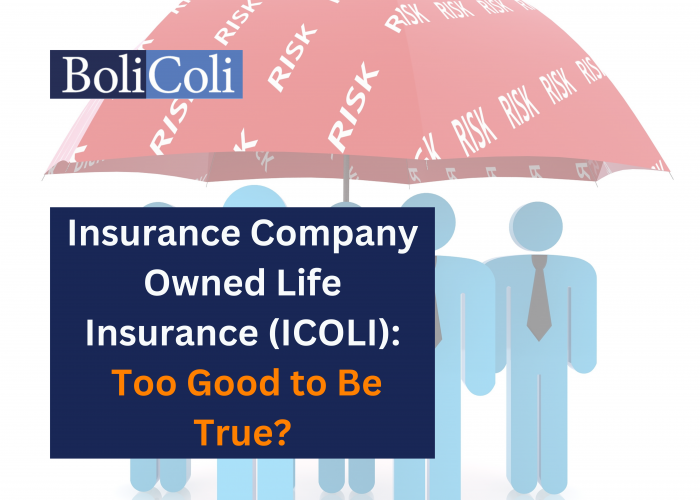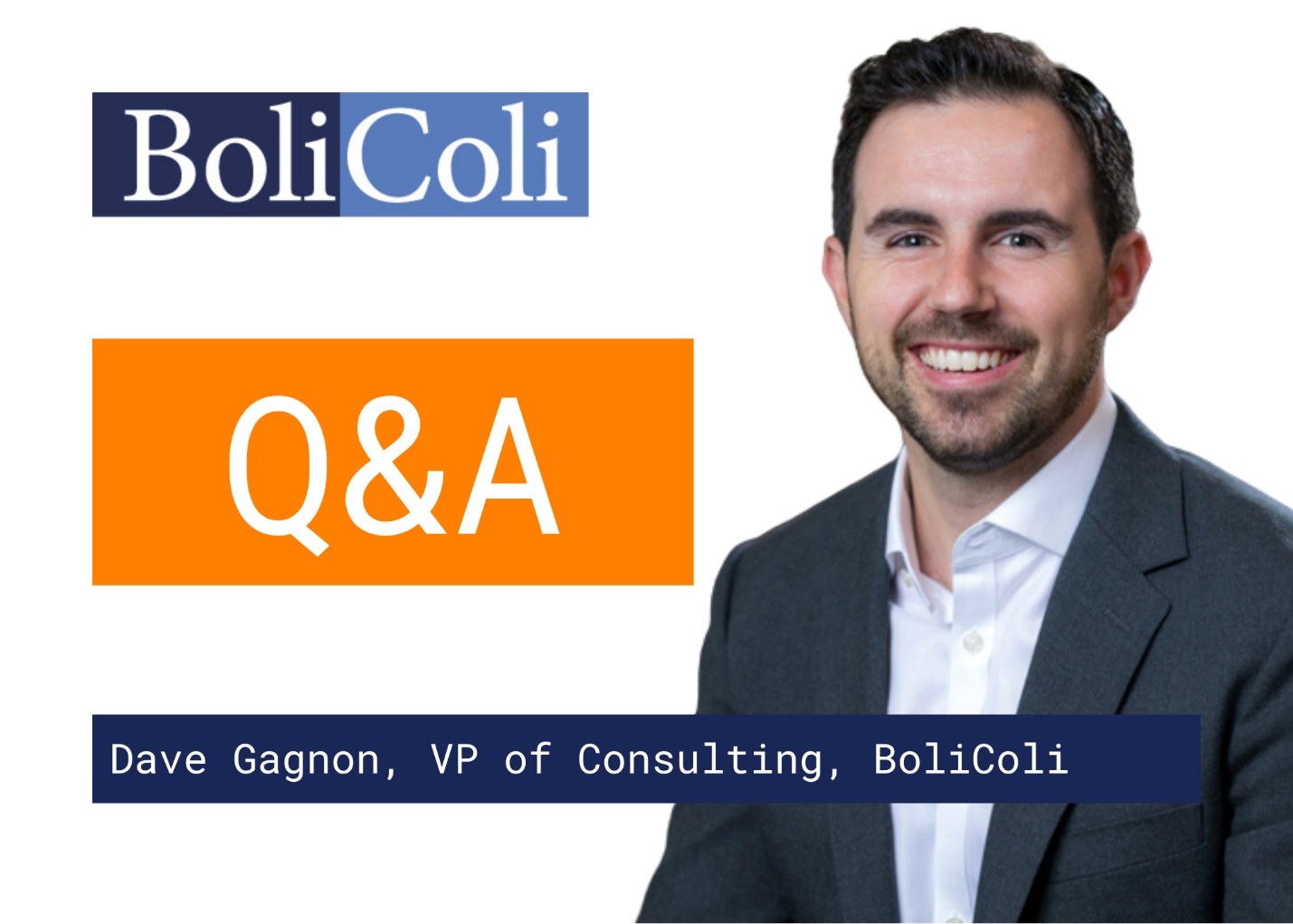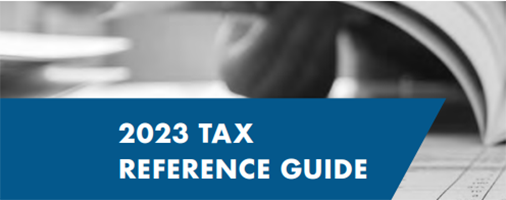ICOLI offers insurance companies a tax-efficient way to offset employee benefit costs while gaining favorable risk-based capital treatment, but is it really as advantageous as it seems? This article breaks down the mechanics, regulatory treatment, and real-world applications of ICOLI, helping insurers assess whether this strategy is a financial game-changer or just another industry trend.







